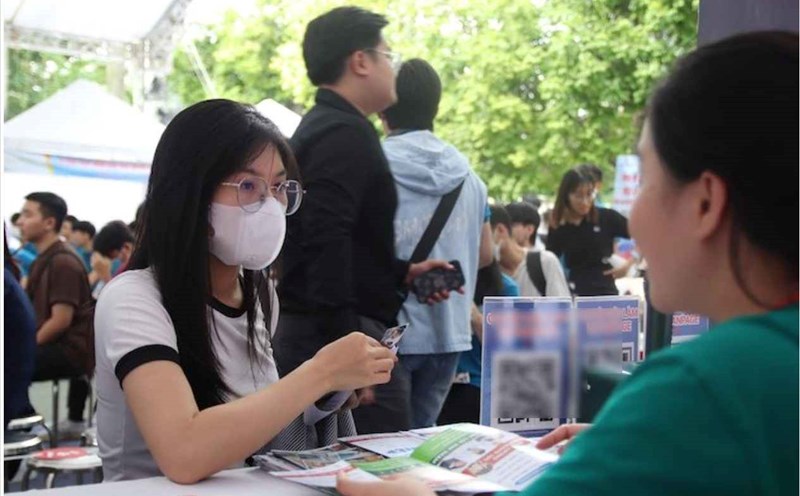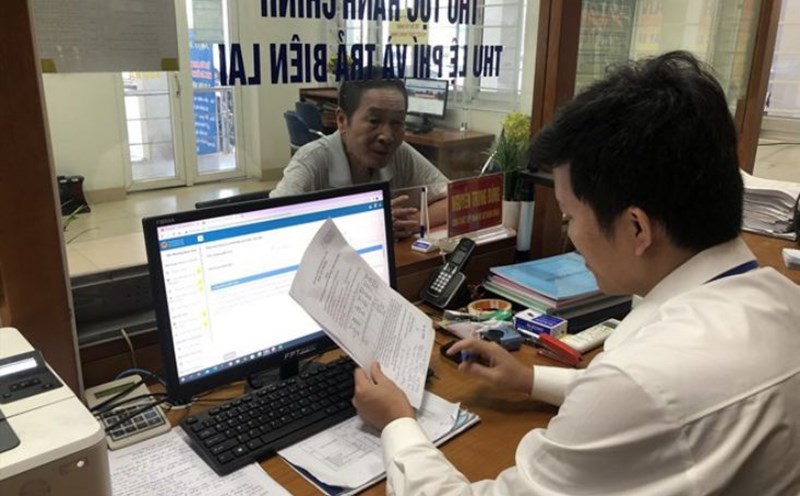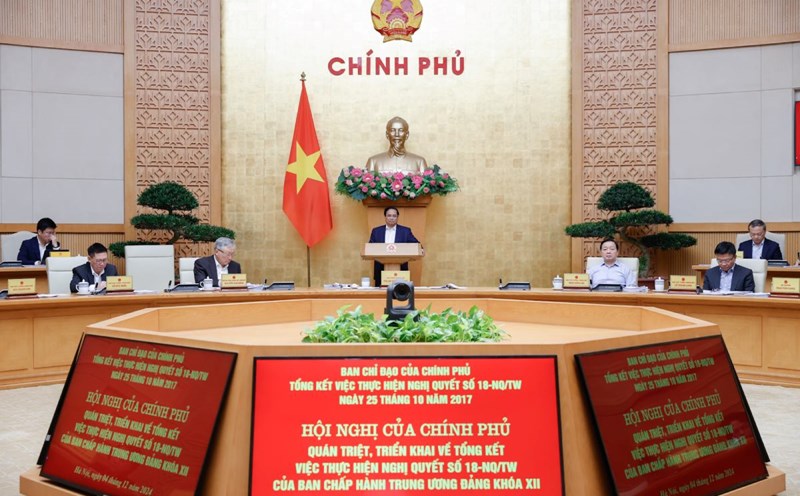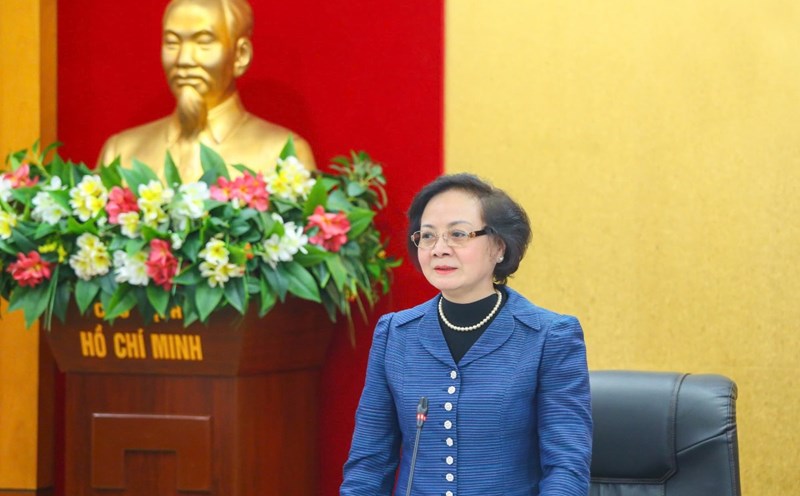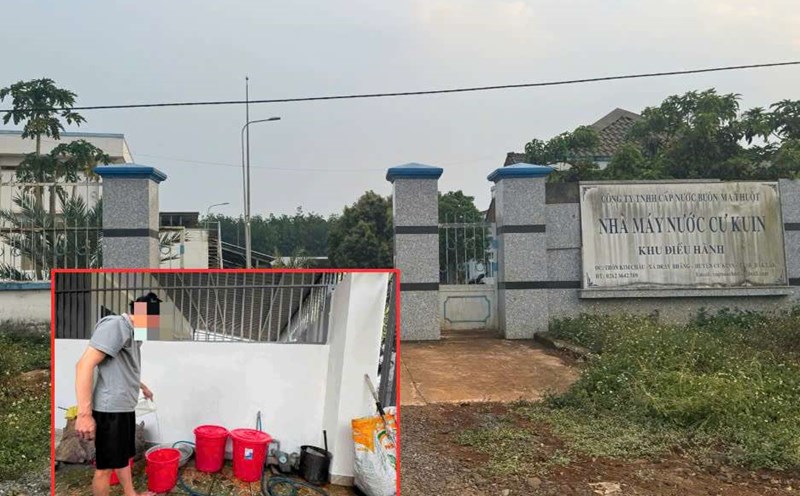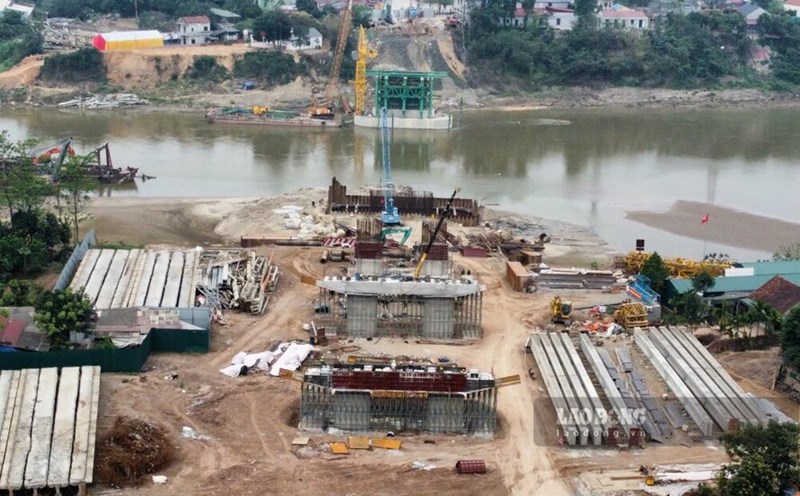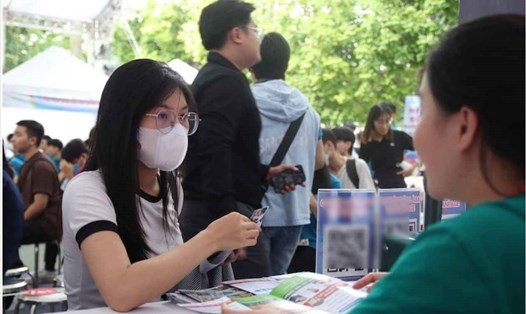The Ministry of Home Affairs is soliciting opinions from agencies on the dossier proposing to develop a revised Law on Cadres and Civil Servants.
According to the Ministry of Home Affairs, some new policies of the Party on personnel work need to continue to be institutionalized, ensuring implementation in accordance with the provisions of law.
That is, the mechanism and policies to attract and promote talent; the mechanism to encourage and protect dynamic, creative cadres who dare to think, dare to do, dare to take responsibility for the common good; the mechanism to screen and replace cadres, civil servants and public employees who lack responsibility, limited capacity, and low prestige.
According to the Ministry of Home Affairs, the purpose of developing the Law on Cadres and Civil Servants (amended) is to strongly innovate cadre work associated with the arrangement of the apparatus of the entire political system "Refined - compact - strong - efficient - effective - effective".
Speaking with Lao Dong reporter, Associate Professor, Dr. Duong Van Sao - former Principal of the Trade Union University - affirmed: The Law on Cadres and Civil Servants is an extremely important basis for building a team of cadres and civil servants who are good at their profession, have good moral qualities, are always loyal to the organization, the Party and the State, and are dedicated and creative in performing their tasks.
Associate Professor, Dr. Duong Van Sao stated the shortage of talented people in many agencies and units in the public sector, showing that this area is not really attractive to attract and attract workers with qualifications and enthusiasm, attached to work and agencies and organizations.
In other words, policies on arrangement, use, creating environment, working conditions; work evaluating work performance results, especially policies on remuneration, timely encouragement in terms of material and spiritual aspects have not created motivation to attract and retain them.
According to Mr. Sao, for talented people working in the public sector, in addition to caring about wages, income, and improving their lives and those of their families, they also care about the environment and working conditions to assert themselves in the collective and society; opportunities for promotion and career development.
"Stable salaries and incomes but poor working environment and conditions, talented people are not respected, are not given conditions to promote their talents, do not have conditions for career development and promotion opportunities, so they are not attached to agencies and organizations" - Associate Professor, Dr. Duong Van Sao shared.
The expert said that when amending the Law on Cadres and Civil Servants, special attention should be paid to the mechanism of attracting and retaining talented people such as: Regulations on recruitment, arrangement, use, creating an environment and working conditions for civil servants; paying attention to evaluating the results of work.
Training, fostering, developing expertise and profession and appointment and consideration mechanisms; especially paying attention to treatment, encouragement, material and spiritual rewards, and discipline of civil servants.
Sharing the same view, Dr. Nguyen Tien Dinh - former Deputy Minister of Home Affairs - said that using a material treatment policy, including salary or some other allowances, not only retains talented people but also involves the working environment, promotion and development opportunities. Therefore, it is necessary to solve it synchronously, not just focus on one solution.
According to Mr. Dinh, to retain cadres, civil servants, public employees and workers in the public sector, it is necessary to strongly reform salary policies and reward regimes, ensuring that workers' income is at a good standard of living for their efforts.
At the same time, there must be measures to evaluate civil servants and public employees objectively and transparently based on the results they have achieved during their work and with a worthy and un equitable reward regime.

